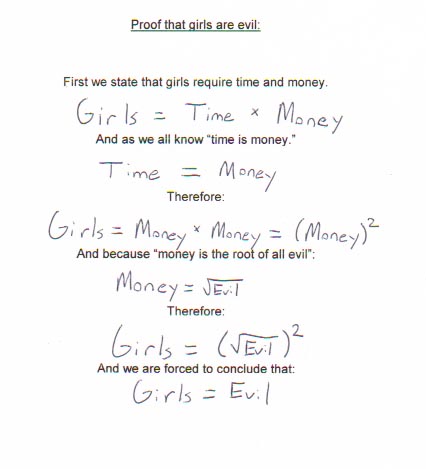I set of photographs recently published as showing the aftermath of the Hiroshima bombing really represent the effects of the 1923 Kanto earthquake (an event which seems to have produced a similar number of deaths). I remember noting that the bodies in the photos didn't seem to show the burns I would expect to see, but I didn't really question the identification.
Finger pointing ensues:
Hoover contains over 5,600 collections with hundreds of thousands of individual items. The Institution’s Assistant Director Richard Sousa indicated that the size of the holdings prevented a thorough authenticity check of all archived material.and
“Our goal is not to authenticate every piece of information we get,” Sousa said. “But we do document, in each case, where it came from. We do not go through and cross-reference every single piece of material.”
“I’d be surprised if the Library of Congress did that, or any big archive,” he added.
Le Monde correspondent Sylvain Cepel, who wrote both the newspaper’s initial report on the photographs and subsequent pieces in the wake of the correction, said that a catalog description from an institution like Hoover implied the materials had been checked for accuracy.When we trust other people not to have made mistakes, we've just made a big one of our own ....
“If you go to the Library of Congress,” Cepel said, “and you find some letter by Eisenhower, and it’s written on the box, ‘this is a letter of Eisenhower’s,’ you would not think this is not by Eisenhower but by Adlai Stevenson!”
The photos are here and still aren't pretty. But if you really want to see ugly, dig into the comments, most of which take the line of "As long as I have a grievance to cling to, I refuse to admit that anyone else has suffered enough!"












